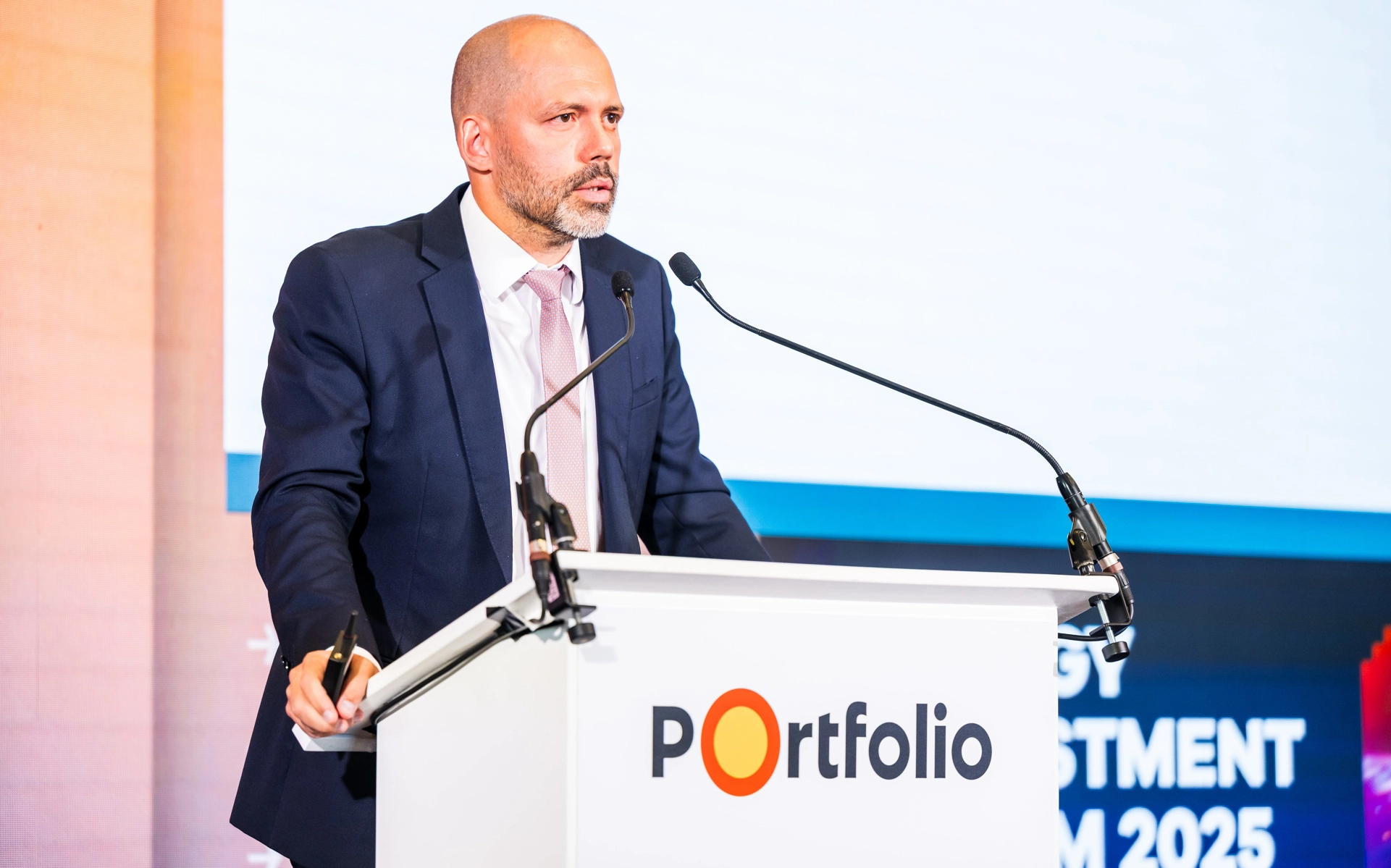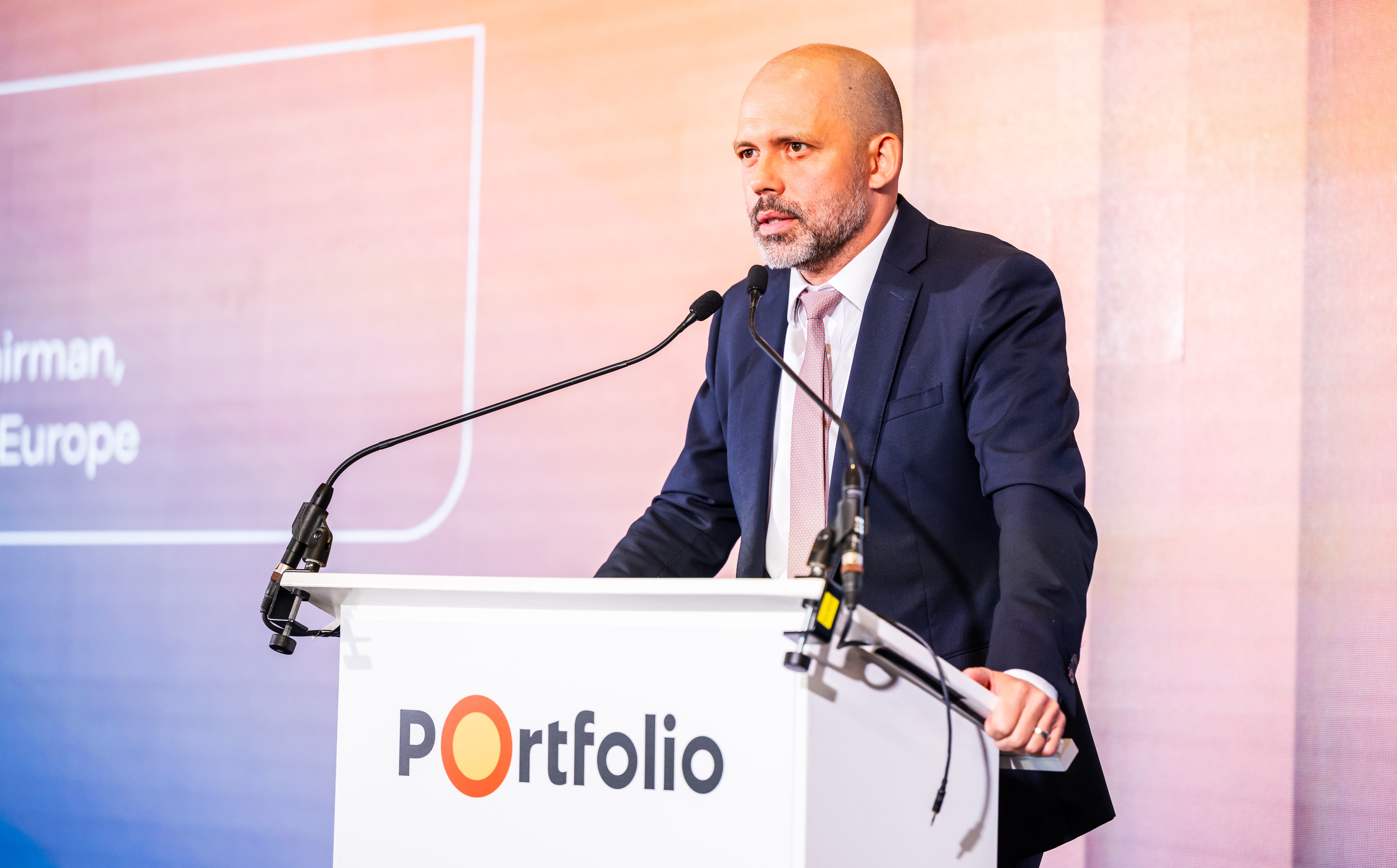
Source: Portfolio.hu
There comes a point in the life of a company when fundamental changes force it into a completely new direction. Simply put, if the company continues to do the same thing it has been doing before, it will disappear or become irrelevant. There are positive and negative examples of such points in history – just think of Netflix as a positive, or Nokia as a negative one.
In the energy industry, it is difficult to recognize whether we have reached such a point and whether we are heading towards a new equilibrium – if we only notice it afterwards, it will be too late. Three main megatrends influence the picture, along which we can reach this strategic inflection point.
First of all, data-driven operations, AI and digitalization are fundamentally defining businesses – you have to live with it, it's here, says the top manager. Some say it will have the same impact on the industry as the Internet did.
Another such megatrend is geopolitical escalation and its consequences – and we are not moving towards a solution, but rather towards a broader escalation. More and more hotspots are emerging, which could even lead to a “perfect storm” scenario.
The third trend is the “green new world”: here two worlds are fighting each other – on one hand, how can we create a sustainable future for our children and, on the other, there are competitiveness issues. According to the expert, the question is whether morality or reality will win. If the strongest actor supports the former, then the world will move in that direction.
But if a marginal player does this, then the others will not move, and that marginal player will be left behind. Well, that marginal player is currently Europe.
The role of electricity and gas is undergoing a fundamental change. Five or ten years ago, there was a balanced situation between the two, but today the balance has shifted towards electricity. Although natural gas will still be around in 10 to 20 years, it will be marginalized compared to electricity. All major issues related to the future will focus on electricity, the manager believes.
However, it is important to highlight that there is an essential difference between gas and electricity: while in gas you can figure out everything with 3 to 4 very smart people, in electricity you cannot – a very high-quality system is also needed. Gas is therefore primarily an OPEX business, whilst electricity is a CAPEX one.

Continuing with a focus on the gas market, he said: American LNG now determines European market pricing. There are two significant supply shocks left in Europe: one is Russian pipeline gas, the other is the situation of Russian LNG.
On the other hand, there are several demand-side shocks, and these are the more important ones – among others, the soaring energy demand of data centres, and the fact that there is an economic conjuncture-driven natural gas consumption in Asia, which is sucking volumes from the global LNG market. The future outlook for natural gas is not very pleasant, he concluded.
In addition, Gergely Szabó spoke about the gloomy situation of investments, illustrating the shortcomings with specific examples and raising opportunities in relation to what possible, specific answers exist in the emerging new balance.
One of the most important: we must accept the role of American LNG as a price-setting factor and, in the long-term, Henry Hub indexed natural gas sales are needed for European industrial customers. It is a much better solution for customers than European buyers’ indices in terms of both long-term price advantage and price stability.
